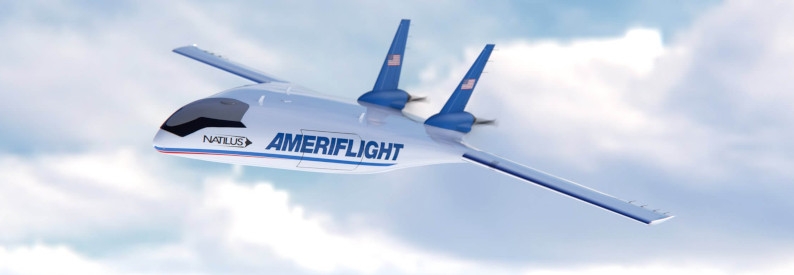Innovative Aircraft Concepts Reshape Future of Air Cargo

The air cargo industry is undergoing a transformative shift as new aircraft concepts aim to address the rising demand for efficient, cost-effective, and eco-friendly freight transport. Driven by the boom in e-commerce and advancements in electric vertical takeoff and landing (eVTOL) and hydrogen-powered engines, these innovations promise to redefine global logistics.
Natilus, a U.S.-based startup, has designed a series of autonomous, blended-wing-body aircraft capable of carrying up to 100 tons of cargo. Their hydrogen-electric engines, developed in collaboration with ZeroAvia, offer 40% more cargo capacity while significantly lowering emissions. The company has secured over $6.8 billion in pre-orders from major logistics players like Flexport and Ameriflight.
Similarly, California’s Pyka has introduced the Pelican Cargo drone, the largest zero-emission autonomous UAS, capable of delivering 400 pounds of cargo over 200 miles. Its off-airport operation capabilities make it ideal for reaching remote regions and delivering critical supplies.
Dronamics, a Greece-based company, aims to revolutionize the “middle-mile” logistics segment with its Black Swan drone, designed for regional deliveries. With partnerships including Qatar Airways Cargo, the Black Swan promises faster, cheaper, and greener transport solutions.
UK-based Droneliner and MightyFly are also making strides, offering innovative designs like the DL350, capable of carrying 350 tons, and the Cento, an eVTOL cargo craft targeting same-day delivery markets.
As these companies develop groundbreaking solutions, the future of air cargo looks poised for a greener, faster, and more efficient era.
Related News: https://suspicious-zhukovsky.67-21-117-18.plesk.page/category/air-travel-business/aircraft-finance/, https://suspicious-zhukovsky.67-21-117-18.plesk.page/category/air-travel-business/air-cargo/
